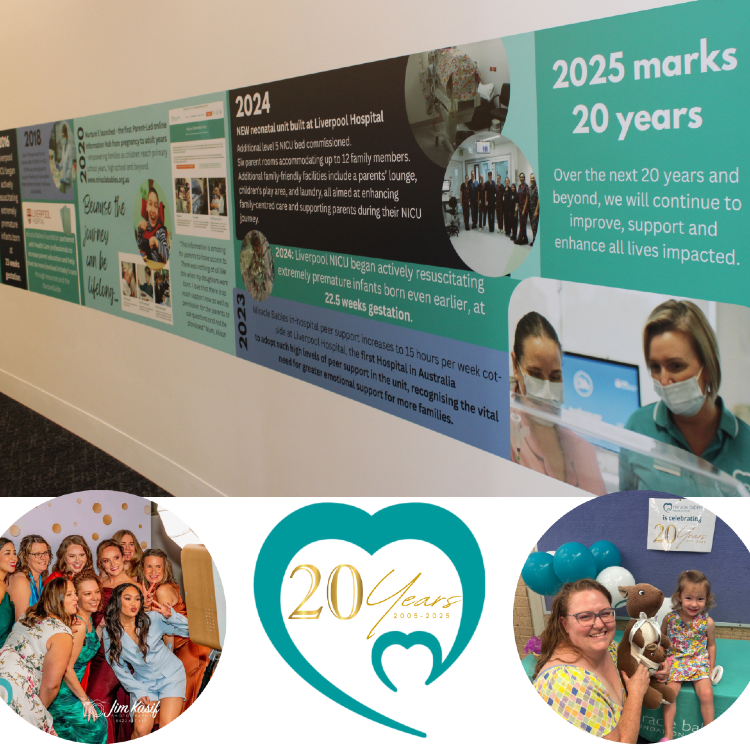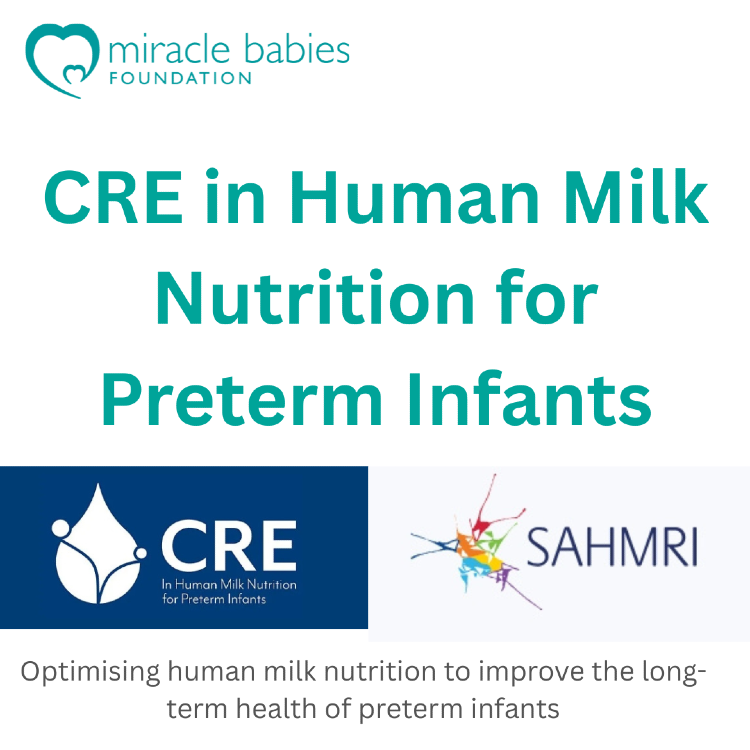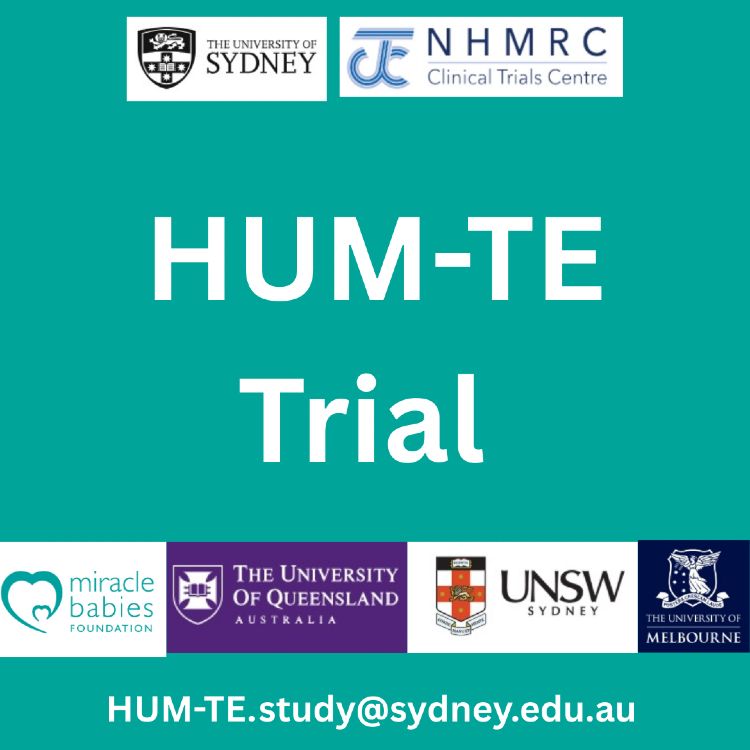4 -10 June marks Australia’s first ever RSV Awareness Week.
The Immunisation Foundation of Australia has established Australia’s first RSV Awareness Week from 4-10 June 2023 to coincide with the onset of RSV season in the colder times.
Respiratory Syncytial Virus (RSV) is a common virus that infects children and adults; however, children younger than two years old of age tend to develop more serious respiratory symptoms. RSV is responsible for thousands of outpatient visits, hospitalizations and can result in death. It is the most common cause of respiratory and breathing infections in children and is one of the most frequent causes of the common cold.
Those at greatest risk for severe illness from RSV include:
- Premature infants
- Infants, especially those 6 months and younger
- Children younger than 2 years old with chronic lung disease or congenital (present from birth) heart disease
- Children with weakened immune systems
- Children who have neuromuscular disorders, including those who have difficulty swallowing or clearing mucus secretions.
In extreme conditions, if babies born premature babies become infected with the virus it can lead to developing a severe lower respiratory infection such as bronchiolitis or pneumonia. These conditions lead to the baby needing to be hospitalised or admitted to NICU.
Children with RSV are usually infectious for eight days from the start of their symptoms. RSV is very contagious and can live on surfaces for several hours, and on unwashed hands for a period of time.RSV spreads quickly and easily among children through coughing and sneezing and sharing cups and other objects that have been in contact with the infected child's mouth, nose, or eyes.
.png)
RSV is too serious and unpredictable to delay medical care. Babies and young children can deteriorate very quickly. If you suspect severe RSV or an associated lung infection, see a healthcare professional urgently.
If you have contact with an infant or young child, especially those who were born prematurely, have chronic lung or heart disease, or a weakened immune system, you should take extra care to keep the infant healthy by doing the following:
- Wash your hands often
- Keep your hands off your face
- Avoid close contact with sick people
- Cover your coughs and sneeze
- Clean and disinfect surfaces
- Stay Home when you are sick
There is no vaccine yet to prevent RSV infection, but scientists are working hard to develop one. However, there is a medicine that can help protect some babies at high risk for severe RSV disease. Healthcare providers usually give a medicine called palivizumab to very premature infants and young children with certain heart and lung conditions as a series of monthly shots during RSV season.
To read more about RSV please head to the Immunisation Foundation of Australia website below.
If you are in need of support, please call 1300 622 243 (1300 MBABIES) to access the 24hr family support line.




